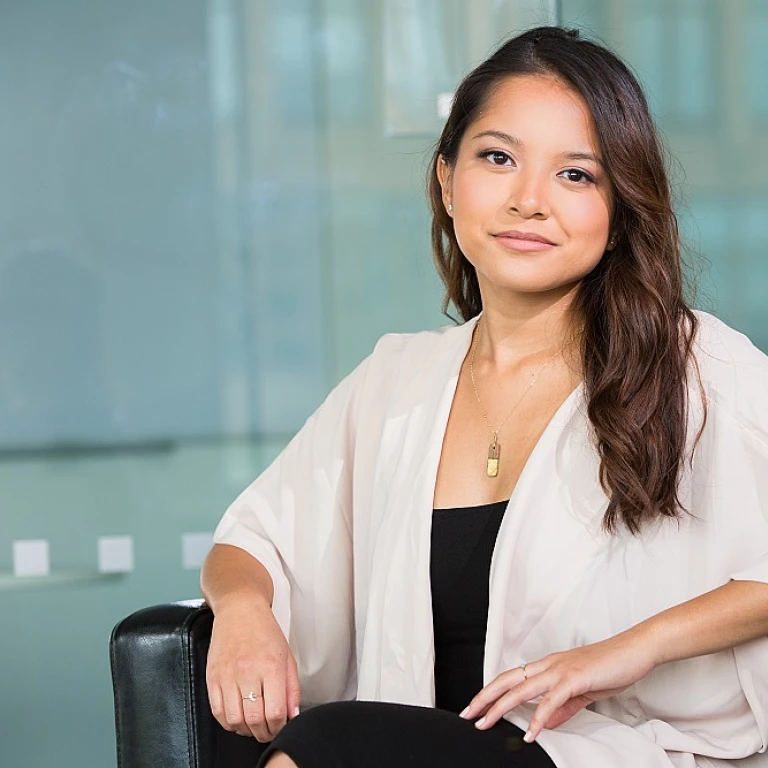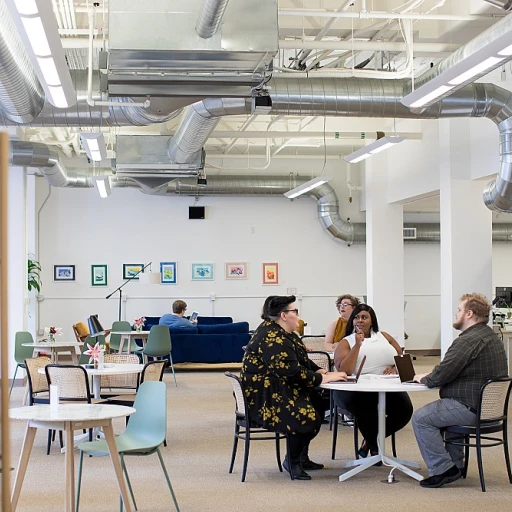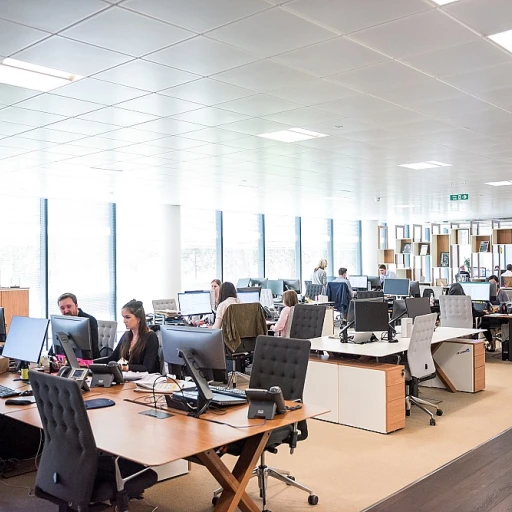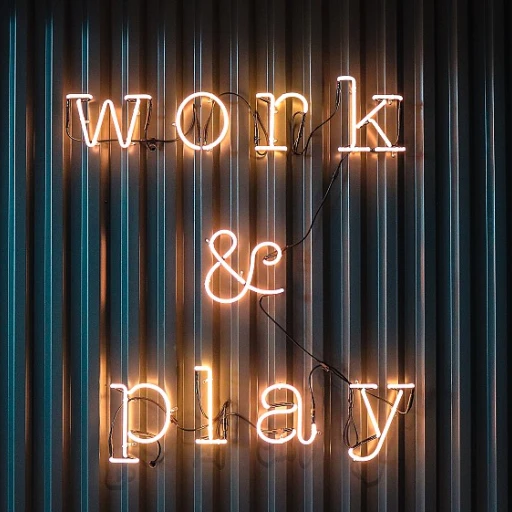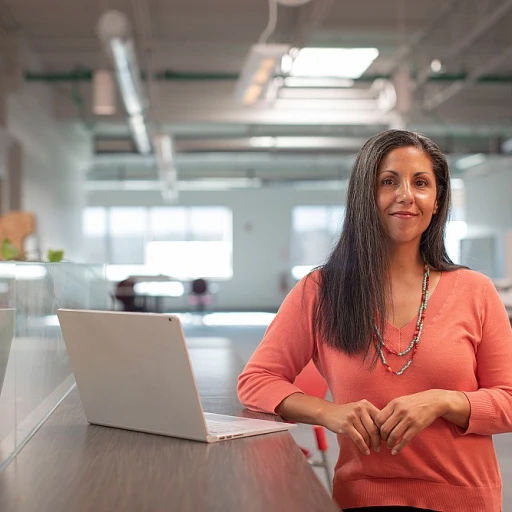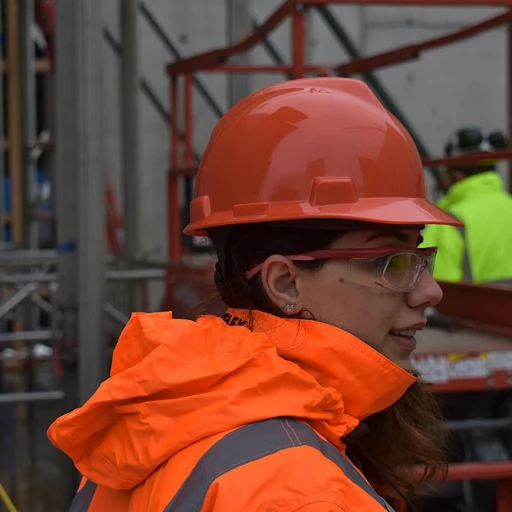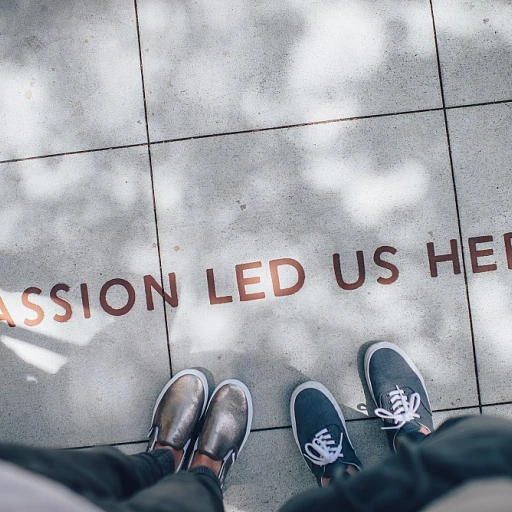
Understanding the Concept of Peer Learning
Unveiling the Dynamics of Peer Learning
When diving into the realm of upskilling, understanding the multifaceted concept of peer learning becomes indispensable. This method of learning empowers individuals by fostering an environment where students and employees alike can learn from each other. It's a dynamic process that encourages the sharing of knowledge and ideas among participants, leading to the enrichment of learning experiences. Peer learning takes place in various settings, often facilitated by those equipped to guide such interactions. These learning facilitators foster collaborative learning environments where learning groups convene to share knowledge and best practices. The dynamic between peers is crucial, allowing each member to benefit from the diverse insights and experiences of others, thus enhancing the learning development process. In practice, peer learning sessions can vary in format. They might include formal group training or more informal discussions among peers. The sessions often allow students and employees to work together on projects, assignments, or case studies, leveraging their collective expertise to tackle complex problems. Employees engaged in peer learning report enhanced employee engagement, as they take on active roles in their learning journeys. While this method encourages personal growth, it also poses challenges, which will be explored later. Despite these challenges, the benefits peer learning offers, such as improved academic and professional outcomes, make it a valuable component of modern learning strategies. Moreover, peer learning helps build key skills that are essential in today’s learning workplace. As individuals engage in the learning process, they cultivate critical thinking, effective communication, and problem-solving abilities, all of which contribute to academic excellence and professional prowess. For those seeking to harness the potential of peer learning, unlocking potential through structured programs can be an impactful way to facilitate this growth. These programs not only support knowledge sharing but also play a vital role in nurturing a culture of continuous learning and improvement within organizations and academic institutions.The Importance of a Peer Learning Facilitator
The Role of Peer Learning Facilitators in Upskilling
The importance of a Peer Learning Facilitator (PLF) in the process of upskilling cannot be overstated. While peer learning naturally occurs within groups, the presence of a dedicated facilitator is crucial to optimize the experience. Peer learning facilitators play a vital role in guiding participants through a structured yet flexible learning environment. Their main objective is to assist learners in acquiring new skills and expanding their knowledge.
Firstly, PLFs help in organizing and moderating learning sessions. This includes arranging the schedule, setting the course objectives, and ensuring participants are aware of the tasks and expectations. Effective peer facilitators are not just organizers; they are motivators who inspire and engage the group, fostering an atmosphere of collaborative learning. They encourage discussions and ensure that each participant has the opportunity to contribute and benefit from knowledge sharing.
Moreover, these facilitators are responsible for establishing a conducive learning environment. They help in creating a space where students and employees alike can freely express their ideas and share their experiences. This nurtures a culture of best practices and academic excellence, contributing to the overall learning development. In this way, the role of a learning facilitator goes beyond merely coordinating sessions; it involves nurturing a community of learners.
Additionally, PLFs handle the challenges that may arise during the peer learning process. These can range from managing group dynamics to addressing varying levels of enthusiasm and participation. By strategically intervening when necessary, they ensure that the learning sessions remain efficient and effective. Their expertise aids in maintaining a balance where every participant feels valued and encouraged to engage actively.
For organizations, the involvement of peer learning facilitators results in enhanced employee engagement and a significant boost in the learning workplace. The benefits are mutual as PLFs also learn from their experiences and refine their leadership and facilitation skills.
In the realm of upskilling, peer learning facilitators are indispensable. By structuring a nurturing environment, managing the educational journey, and dealing with inherent challenges, they act as catalysts in transforming the peer learning experience. For those interested in exploring structured guidance in upskilling, consider engaging with a peer learning facilitator to enhance your learning development.
Creating a Collaborative Learning Environment
Crafting a Supportive Shared Learning Space
Creating a collaborative learning environment is crucial for the success of peer learning initiatives. Peer Learning Facilitators (PLFs) play a significant role in curating this atmosphere, which directly impacts the learning process and outcomes. By fostering an inclusive and supportive environment, PLFs help students and employees engage more effectively in learning sessions, thereby enhancing the overall learning experience.
PLFs are tasked with organizing interactive learning sessions that encourage knowledge sharing and the exchange of ideas among learners. This shared knowledge approach helps build not only academic excellence but also promotes employee engagement in the workplace. By leveraging the diverse experiences and insights of a group, learning facilitators can significantly improve the collective learning development of participants.
Effective peer learning environments rely heavily on open communication and mutual respect. Participants must feel safe to express their ideas and collaborate without fear of criticism. Fostering a culture of inclusivity where all voices are heard ensures that the learning workplace is conducive to achieving maximum benefits from peer engagement.
Furthermore, PLFs need to be adept at managing group dynamics. This includes addressing any challenging interactions that might arise during sessions and ensuring that all participants can contribute meaningfully to the learning process. Amidst their academic or professional commitments, PLFs must strategically allocate time to plan and conduct sessions that are timely and relevant to the needs of their learning groups.
The benefits of peer learning are vast, especially when robust collaborative learning environments are in place. These spaces not only support academic and professional growth but also prepare learners to thrive in diverse and dynamic settings.
Challenges Faced by Peer Learning Facilitators
Overcoming Obstacles in the Role of a Peer Learning Facilitator
While the role of a peer learning facilitator (PLF) is pivotal in enhancing learning within organizations and academic institutions, it is not without its challenges. Navigating these hurdles requires a mix of skills, experience, and a deep understanding of the learning process.
One of the primary challenges PLFs face is the time commitment necessary to effectively nurture learning development. Balancing between their own responsibilities and the sessions they facilitate can be strenuous. This can be particularly demanding when dealing with diverse learning groups where each participant comes with unique preferences and schedules. Additionally, integrating the needs of students and employees into a cohesive collaborative learning experience requires strategic planning and time management.
Another common hurdle is fostering an environment conducive to knowledge sharing and effective peer interaction. Creating spaces where people feel comfortable to exchange ideas and experiences is critical. However, overcoming barriers such as employee engagement or varied levels of commitment from participants can be challenging. Learning facilitators must use their skills to encourage active participation and motivation within learning sessions.
Managing the dynamics of a learning peer group also comes with its trials. Facilitators often encounter conflicts or differing opinions that may disrupt the flow of the session. It is crucial for PLFs to possess strong conflict resolution skills to maintain harmony and ensure that best practices in peer learning are upheld.
Encouraging academic excellence and facilitating impactful learning experiences requires constant adaptation. As the landscape of learning and skill development evolves, so too must the approaches employed by PLFs. They must be prepared to stay abreast of the latest trends in learning and integrate new techniques that can benefit peer groups.
In conclusion, the role of a peer learning facilitator is both challenging and rewarding. By recognizing these challenges and actively seeking solutions, facilitators can significantly aid student and employee growth, ultimately leading to a more effective and enriching learning workplace.

